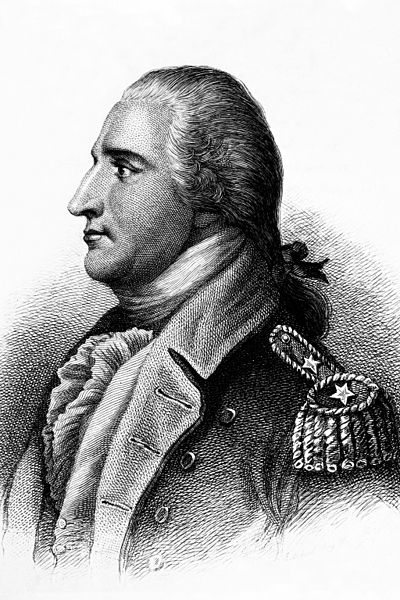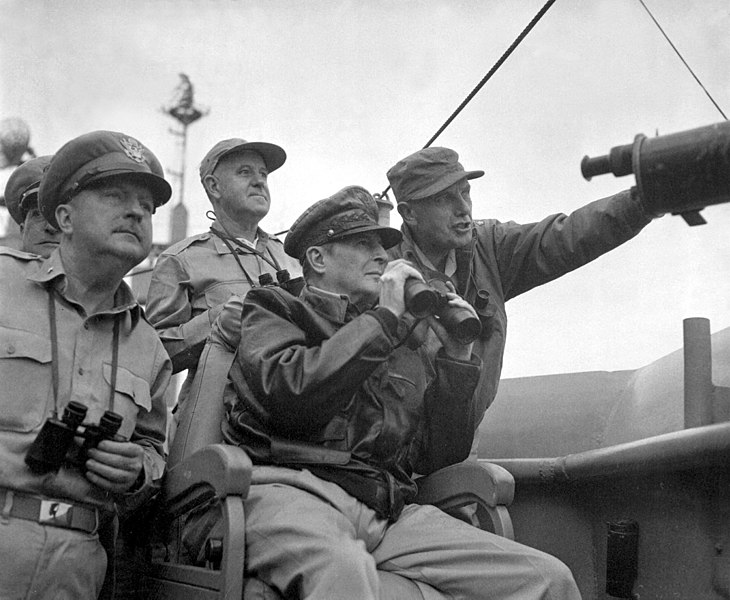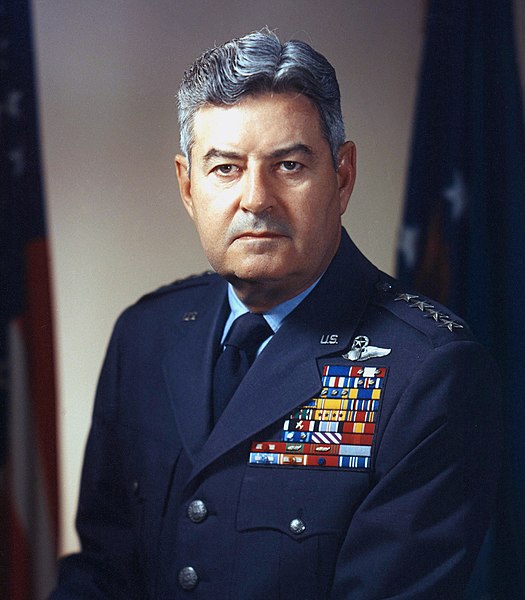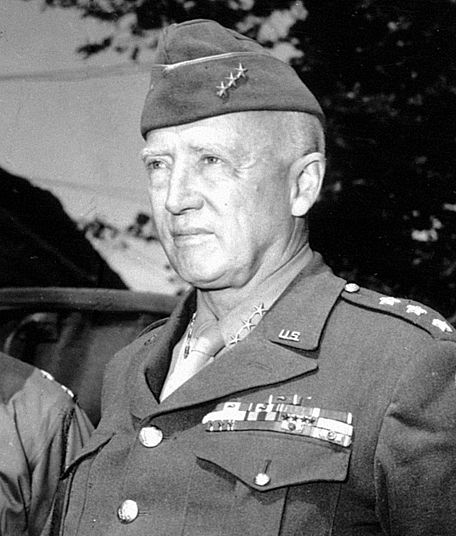Ten Disgraced Generals
In view of the recent highly publicized firing of General Stanley McChrystal, here is a retrospective list of the top ten American disgraced military leaders. In descending order:

Benedict Arnold
Arnold is the epitome of the word "traitor," the first in American history, and by virtue of the fact that he actually led battles against his former country he must head the list as the number one all-time disgraced military leader.

Douglas MacArthur
MacArthur’s greatness as a World War II general, career military officer and rehabilitator of Japan is unquestioned. His highly publicized recall by President Harry Truman for insubordinate behavior in Korea, nearly bringing about World War III with China, ranks as the greatest act of outright defiance of an American president by an American military leader.

George B. McClellan
The legendary firing of George McClellan by President Abraham Lincoln for failure to press the Confederacy was one of the defining moments of the Civil War. He was replaced by the bumbling and incompetent Ambrose Burnside, himself soon removed in favor of Joseph Hooker. Unsuccessfully ran for president against Lincoln in 1864.

Curtis LeMay
Another brilliant career officer. The orchestrator of B-29 incendiary bombing of Japan during World War II and subsequently headed the Strategic Air Command. During the Cuban Missile Crisis in 1962 he urged President Kennedy to bomb Cuba. Fortunately, he was overruled and a nuclear holocaust was averted. It was later revealed that the Russians had and were authorized to use tactical nuclear weapons in the event of invasion. After retiring from the military in 1968 he further reduced his credibility as the vice-presidential candidate of segregationist George Wallace.

William Hull
After fighting in American Revolutionary War campaigns in Connecticut, New York, and New Jersey, in 1805 he was appointed governor of Michigan Territory. At the outbreak of the War of 1812, he was appointed brigadier general and charged with defending Michigan and attacking Canada. His poorly planned invasion of Canada forced him to retreat to Detroit, where he surrendered without a fight. He was court-martialed and convicted of cowardice and neglect of duty. His death sentence was remitted by President James Madison because of his earlier service.

Joseph Stilwell
A brilliant field commander and beloved leader during World War II, he nearly lost China to the Japanese while vainly campaigning in Burma and his “Vinegar” personality later so incensed Chiang Kai-shek that he threatened to make peace with the Japanese that would have mobilized over a million troops against American forces in the Pacific. He was recalled by President Franklin Roosevelt and replaced by the more diplomatic Albert C. Wedemeyer.

George Patton
The swashbuckling and brilliant tank commander who nearly lost his command and was soundly and publicly disciplined by Dwight Eisenhower after slapping a shell-shocking soldier on August 3, 1943.
Stanley McChrystal

George Casey/John Abizaid
Both men were fired in early 2007 by President George W. Bush in a “clean sweep” of leadership of the Iraq War. They publicly opposed the buildup of troops on the grounds that it could delay "the development of Iraqi security forces and increase anger at the United States in the Arab world." Replaced by Admiral William J. Fallon.
Thomas Algeo Rowley
While commander of a division at the Battle of Gettysburg on July 1, 1863, his unit suffered heavy casualties and he was thrown from his horse during the retreat. Following a confrontation with Brigadier General Lysander Cutler, he was removed for drunkenness and disobeying orders. Convicted by a court martial, he was reinstated by order of Secretary of War Stanton only to resign on December 29, 1964 after not being re-assigned to a field command.
Dishonorable mention: General Ricardo Sanchez (Abu Ghraib). Lieutenant William Calley (My Lai)